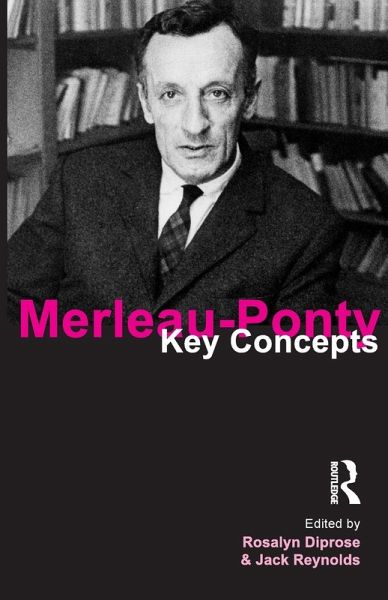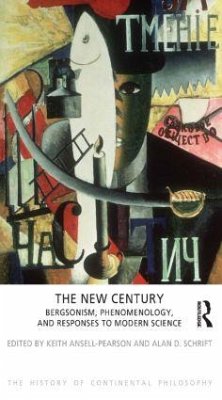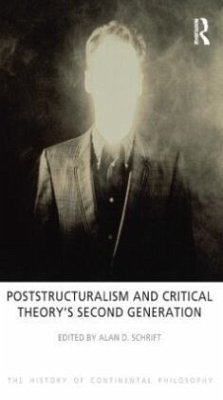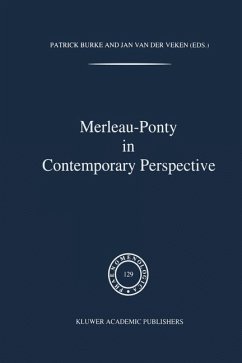
Merleau-Ponty
Key Concepts
Versandkostenfrei!
Versandfertig in 6-10 Tagen
33,99 €
inkl. MwSt.
Weitere Ausgaben:

PAYBACK Punkte
17 °P sammeln!
Having initially not had the attention of Sartre or Heidegger, Merleau-Ponty's work is arguably now more widely influential than either of his two contemporaries. "Merleau-Ponty: Key Concepts" presents an accessible guide to the core ideas which structure Merleau-Ponty's thinking as well as to his influences and the value of his ideas to a wide range of disciplines. The first section of the book presents the context of Merleau-Ponty's thinking, the major debates of his time, particularly existentialism, phenomenology, the history of philosophy and the philosophy of history and society. The sec...
Having initially not had the attention of Sartre or Heidegger, Merleau-Ponty's work is arguably now more widely influential than either of his two contemporaries. "Merleau-Ponty: Key Concepts" presents an accessible guide to the core ideas which structure Merleau-Ponty's thinking as well as to his influences and the value of his ideas to a wide range of disciplines. The first section of the book presents the context of Merleau-Ponty's thinking, the major debates of his time, particularly existentialism, phenomenology, the history of philosophy and the philosophy of history and society. The second section outlines his major contributions and conceptual innovations. The final section focuses upon how his work has been taken up in other fields besides philosophy, notably in sociology, cognitive science, health studies, feminism and race theory.














